Purely by Accident
CH 7
The princess’ train of thought was too unfathomably deep for a shallow thinker like me to follow.
I decided to stop fretting over why the princess had asked me to become her prince consort, and whether it was due to some secret romantic entanglement.
For all I knew, she might well intend nothing more than to revenge herself for the kidnapping by giving me a few sleepless nights and uneasy meals.
After all, a royal marriage was no small thing.
Even if the princess was serious about it, my father would never agree to the match.
Once I’d thought this through, I felt as if I’d been given a new lease on life.
I was finally able to relax — though I was still careful to avoid the princess’ quarters, for fear that the sight of me might inspire her to come up with further torments.
I could still remember all too vividly the look on her face as she leaned against my chair and interrogated me, with one elegant eyebrow raised.
This only confirmed what I’d already known: the woman was a perfect fiend.
There was no way I could defeat her, and so avoiding her was my only recourse.
Over the course of the next few days, I didn’t catch a single glimpse of the princess.
My fears were gradually alleviated, and I woke up one morning and at last found myself in a suitable frame of mind to take in the natural beauty of spring.
It’s probably because I’m not fundamentally a person of great refinement, but whenever I take it into my head to indulge in an elegant pastime like this, something will inevitably occur to cause the whole experience to descend into farce.
This occasion was no exception.
When I opened my window, the first thing that met my gaze was not — as I’d expected — the sight of tender green shoots unfurling gracefully against the wall opposite, but rather the crowd that had suddenly appeared in my normally quiet courtyard.
It was a big crowd; they stood around in tightly-packed clusters.
Judging by their clothes, these had to be the manor’s servants — maids, footmen, scullions and the like.
I rubbed my eyes to make sure that this wasn’t a hallucination brought on by the lingering traces of sleep.
Once I’d confirmed that the crowd outside my window was no illusion, I was gradually overcome by emotion.
Were the servants here because they had heard of my return, and had rushed over to welcome me home?
It seemed that out of sight did not always mean out of mind,[1] at least where I was concerned.
I suddenly felt proud of my prodigious staying power and the enormous influence I clearly still wielded over the masses.
I straightened my clothes and left my room at a saunter, carefully composing my face into the perfect expression for receiving my adoring crowd.
Cool and unruffled, with just a hint of surprise breaking through; gratified by the attention, but underneath that, quietly certain that such recognition was nothing more than my due.
The crowd had its back to me, so absolutely no one saw me coming.
I cleared my throat lightly to get their attention.
A few people looked round, but the rest of the crowd continued to ignore me.
Their backs remained stubbornly turned.
Well.
This was getting a little awkward.
Fortunately, at this juncture an arm stretched out and dragged me into the crowd.
I staggered for a moment before regaining my balance.
When I looked up, I saw that the arm belonged to the steward.
The expression on his face was an odd one: he seemed excited, and at the same time, a little… turned on? Not that I looked at him for very long, because my gaze was almost immediately arrested by the man who was the focus of the crowd’s collective attention — he was, in fact, the reason why all of the servants were packed into my courtyard, and what he was doing was so bizarre that it was impossible not to stare.
The man was shirtless, and he stood in a horse stance[2] that showed off all his muscles to their best advantage.
He was completely absorbed in making tiny stitches on a piece of embroidery.
My mouth fell open.
The fresh, sweet smell of grass wafted over on the breeze, as did the excited murmurs of the crowd (which they were clearly trying — and equally clearly failing — to stifle).
‘Look at that figure! And those muscles!’
‘His movements are so delicate! Is this what they call the perfect union of strength and beauty?’
‘You besotted ninnies! Little girls like you shouldn’t be ogling a man like that.
There must be something wrong with him, or he wouldn’t be doing… whatever this is.’
‘You’re just jealous!’
Well.
It seemed that even the servants at the manor were exactly what you’d expect the servants of a bandit chief to be — forthright, plain-spoken and completely unpretentious.
Feeling highly tickled, I couldn’t help but chortle.
The murmurs stopped: I had been discovered.
The servants finally seemed to realise that they might not be behaving entirely appropriately.
One by one they shuffled out of the courtyard, trying to hide their reluctance to leave.
Now that our shared excitement had been thoroughly extinguished, my surroundings suddenly seemed very lonely.
I was wondering whether to go up and speak to the shirtless man when someone whispered in my ear.
‘Tsk, tsk.
People from the capital have such… unconventional ideas.
The way they do things is so, so…’
It was the steward, who evidently hadn’t left with the rest of the servants.
He repeated ‘so’ a few more times.
Seeming unable to come up with a suitable adjective, he resumed tsk-tsking.
His mention of ‘the capital’ caught my keen ear.
When I took a closer look at the shirtless man, I realised that I’d seen him before.
The hand that was drawing a needle through fabric at this very moment was the same hand that had rested menacingly on a sword-hilt just the other day.
This was none other than the princess’ bodyguard — the man in black!
A sudden shiver ran through me.
With impeccable timing, the steward said, ‘I heard he did something wrong, and that this is how the princess has decided to punish him.
The twists and turns of the princess’ mind, tsk, tsk…’
My blood turned to ice.
So the princess thought that ordering someone to do embroidery topless was a fair punishment for making a mistake? The saying was true, then: better to offend a gentleman than a scoundrel;[3] better to offend a scoundrel than the princess.
But what could I do? The offence had already been committed, after all.
In fact, it was entirely possible that the princess had deliberately staged her bodyguard’s punishment in my own courtyard as a warning to me.[4]
I pictured myself in his position, surrounded by a gawking, whispering crowd: it was a truly miserable prospect.
The likelihood of the princess’ letting me off with only a light rap across the knuckles seemed to have dwindled to nothing.
Now the only person I could pin my hopes on was my father: surely he would never consent to the princess’ whisking me off to the capital as her prince consort?
As it turned out, I had sorely underestimated the princess’ powers of persuasion — or perhaps I had grossly overestimated my father’s incorruptibility in the face of the twin temptations of wealth and position.[5]
Two days later, my father led me to the main entrance of the manor.
There, I discovered that — completely without my knowledge — he had personally packed up my belongings and loaded them onto the coach that stood waiting.
He instructed me to obey the princess in all matters; he then walked over to the princess, bowed deeply and said something to her that I couldn’t make out.
He seemed completely oblivious to the fact that he was selling off his only daughter.
Fine, so as far as he was concerned, he was selling off his only son — but that didn’t change the fact that he was essentially making a prostitute of his child!
I had been auctioned off like so much chattel.
How could my life have become so wretched?
I looked over at the princess, who was nodding and smiling graciously at my father, and felt at a complete loss.
Was I really going to travel all the way to the capital with her as her prince consort? If I presented myself to the emperor as his son-in-law, wouldn’t I be committing high treason by deceiving my sovereign?
This was how my reasoning went.
I’d already seen for myself how intractable the princess could be; I could only assume that the emperor — who had, after all, raised her — must be even worse, high-handed to a degree reviled by men and gods alike.
Much better, then, to offend the princess than the emperor!
Emboldened by that thought, I marched forward and caught my father by the arm.
Chin defiantly held high, I declared, ‘I’m not going!’
My father’s solicitous expression froze on his face; the arm I was clutching went completely stiff.
He shook his head slightly, as if he didn’t dare believe his ears.
‘What did you say?’
What was that saying? ‘One’s fighting spirit is aroused by the first roll of drums, weakened by the second and exhausted by the third’.[6] As it turned out, my initial burst of courage could only take me so far.
The princess was looking at us with the air of spectator at a particularly entertaining show, but my spirit of defiance had completely deserted me.
I stammered a few times, then hung my head; I had absolutely no idea what else to say.
My father, however, seemed to be going from strength to strength.
He twisted his arm out of my grasp and grabbed my wrist in return.
Flames seemed about to leap out of his eyes, ready to reduce me to something less than ashes.
‘You wretched child! The princess has done you a great honour by allowing you to enter her service.
Do you realise how many people would kill for such an opportunity? Yet here you are, spouting such ungrateful nonsense!’
Yes, it was indeed a great honour.
The question was, would it also be the death of me?
Before I could say as much, the princess was already asking a seemingly unrelated question of her own.
‘Young Master Wei, have we met before? Why is it that the more I look at you, the more familiar you seem?’
I looked up in disbelief.
A faint smile had spread across that devastatingly beautiful face.
Her voice was as gentle as the breeze ruffling the hair at my temples, yet I could hear the veiled threat all too clearly.
If she were to reveal the truth of what had happened on Mount Yanluo before all these people… well, I couldn’t see that ending well for me.
Leaving aside the question of what the man in black — who was still eyeing me like a tiger watching its prey — would do, there was no guarantee that the news wouldn’t send my father into a fit of rage violent enough to make his woefully out-of-shape body finally give up the ghost.
All I could do was surrender.
Before my father could give me another sceptical look, I bowed to the princess and said, ‘Your Highness, what could you possibly mean? How could your humble servant ever forget meeting someone like Your Highness, who stands out like a phoenix among mortals? If Your Highness should feel kindly disposed towards me, because you believe you see something familiar in my face, then all I ask for is your guidance and support.
Having that would be a piece of great fortune to me.’
My father smiled.
The princess smiled.
Inside, I wept big fat tears.
With the air of a tragic hero, I took up the reins of the coach.
To my left rode the man in black, on horseback; behind me, the princess and one of her maids sat inside the coach.
We set off towards the capital.
I had no idea what direction it lay in or how long it would take us to get there, nor did I care.
I wasn’t the one leading the way, after all: I simply steered the coach as I was directed, staring dully ahead and reciting ‘cold howls the wind over the river Yi; bold marches the warrior on the path of no return’[7] silently to myself.
Soon, we had left my father’s manor behind.
A laugh which its owner had obviously been suppressing for some time drifted out of the coach behind me.
‘My lady, Young Master Wei’s face turned so many different shades when you spoke to him just now.
It was the funniest sight!’
‘Mm.
Perhaps he ate something he shouldn’t have, and is now suffering from indigestion.’
…Really, what could I say to that?
I realised I was gripping the reins far too tightly.
My frustration getting the better of me, I threw caution to the wind.
The man in black was riding half a horse’s length ahead of me; I leaned over and asked, ‘Xiao Hei,[8] what was it like doing embroidery topless?’
He turned to look at me, but there was no sign of annoyance on his face — only confusion.
‘Who is Xiao Hei?’ he asked.
From inside the coach, the princess (with all apparent sincerity) said, ‘If you’re curious about that, Zisong, I can arrange for you to have the same experience the next time we stop for a rest.’
My attempt at mockery had backfired on me with a vengeance.
Silently, I cursed the imperial family’s ancestors a thousand times — no, ten thousand times!
The horses’ hooves thundered against the road; the city gates were already in sight.
Beyond them I could just make out the shape of the distant mountains, as hazy as my uncertain future.
***
Footnotes:
The original text uses the phrase 人走茶不凉, literally ‘the guest has left, but the tea has not cooled’.
This is a riff on the chengyu 人走茶凉, literally ‘the guest has left, the tea has cooled’.
The chengyu means that, once a person has left a position of power, they will soon be forgotten. In Chinese, 马步.
This is a common stance in Chinese martial arts, which is used for endurance training as well as strengthening the back and leg muscles. In Chinese, 宁得罪君子, 不得罪小人.
The saying suggests that, while a gentleman might be magnanimous enough to forgive someone who had offended them, a scoundrel would be petty enough to seek vengeance. In Chinese, 杀鸡儆猴, literally ‘kill the chicken to warn the monkey’ In Chinese, 富贵不能淫.
This describes a person who cannot be corrupted by honours and riches. In Chinese, 一鼓作气, 再而衰, 三而竭.
Originally, it was used to describe the morale of soldiers during different stages of a battle.
At the start of the battle, when the war drums are played for the first time, the soldiers’ morale is high.
As the battle drags on, and the war drums are sounded for the second and third times, the soldiers’ morale decreases significantly. In Chinese, 风萧萧兮易水寒, 壮士一去兮不复还.
These are the first two lines from ‘Song of the River Yi’ (易水歌), a poem composed by the Warring States assassin Jing Ke (荆轲 just before leaving on his doomed and ultimately unsuccessful mission to assassinate Qin Shi Huang (秦始皇), the first emperor of China. In Chinese, 小黑.
‘Xiao’ means ‘little’, and is a diminutive often appended to names.
‘Hei’ means ‘black’; in this context, it is a reference to the fact that the princess’ bodyguard always wears black.
You'll Also Like
-
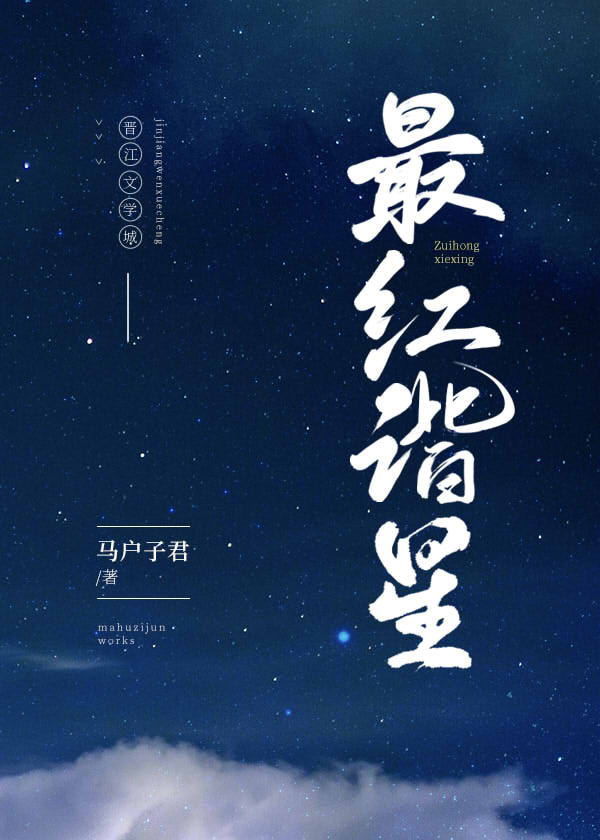
The Most Popular Comedian
Chapter 65 September 3, 2023 -
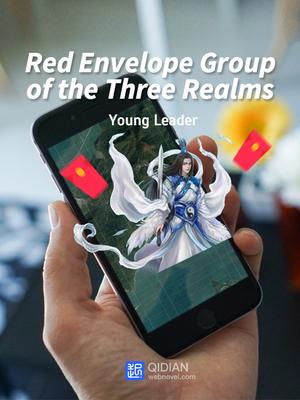
Red Envelope Group of the Three Realms
Chapter 1986 September 1, 2023 -
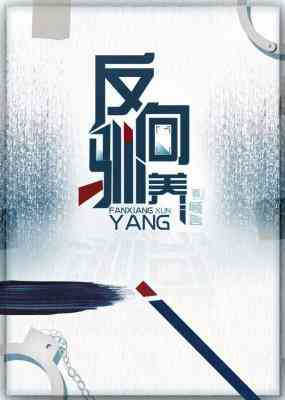
Reverse Domestication
Chapter 39 September 2, 2023 -
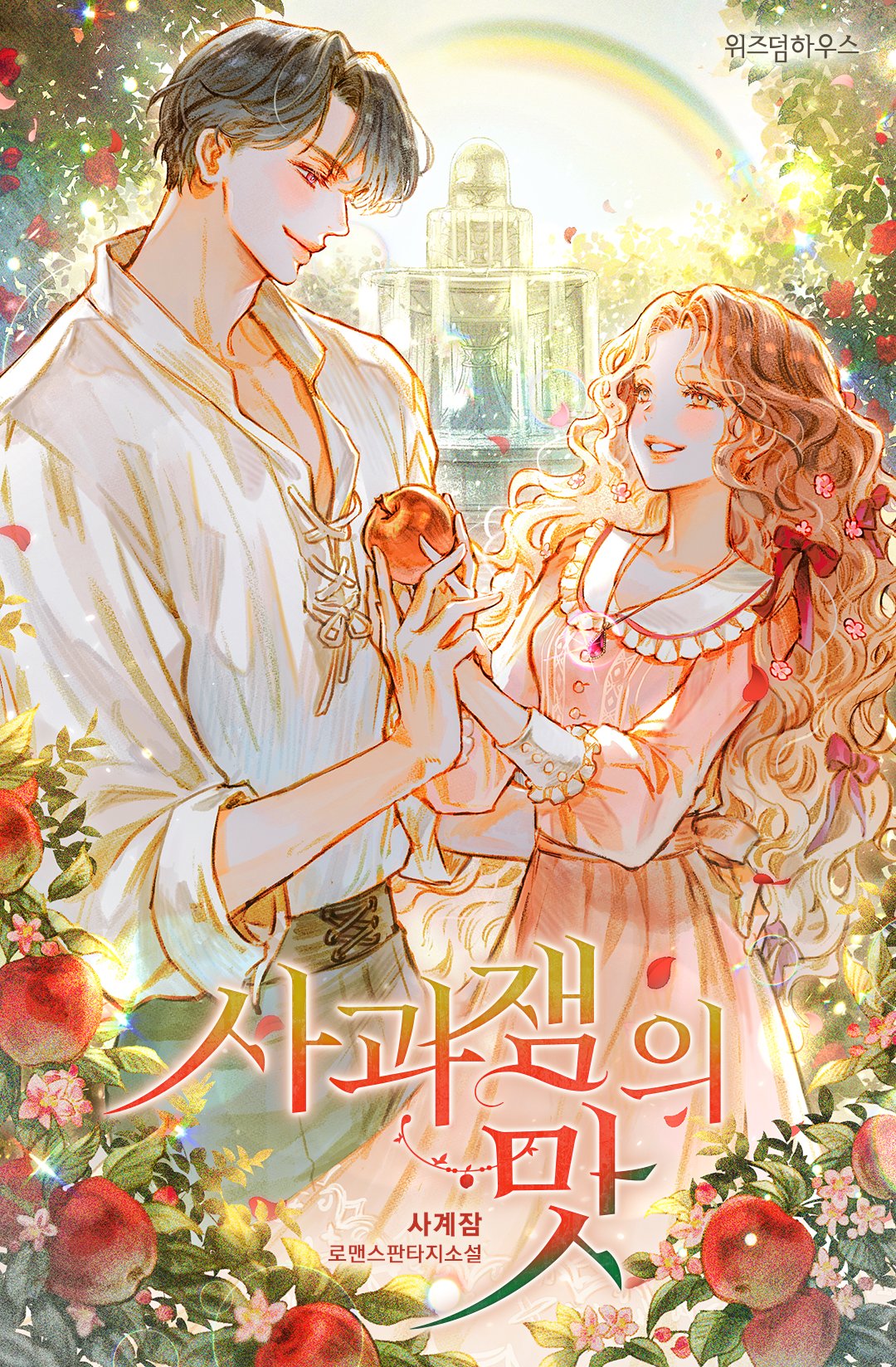
The Taste Of Apple Jam
Chapter 9 August 29, 2023 -
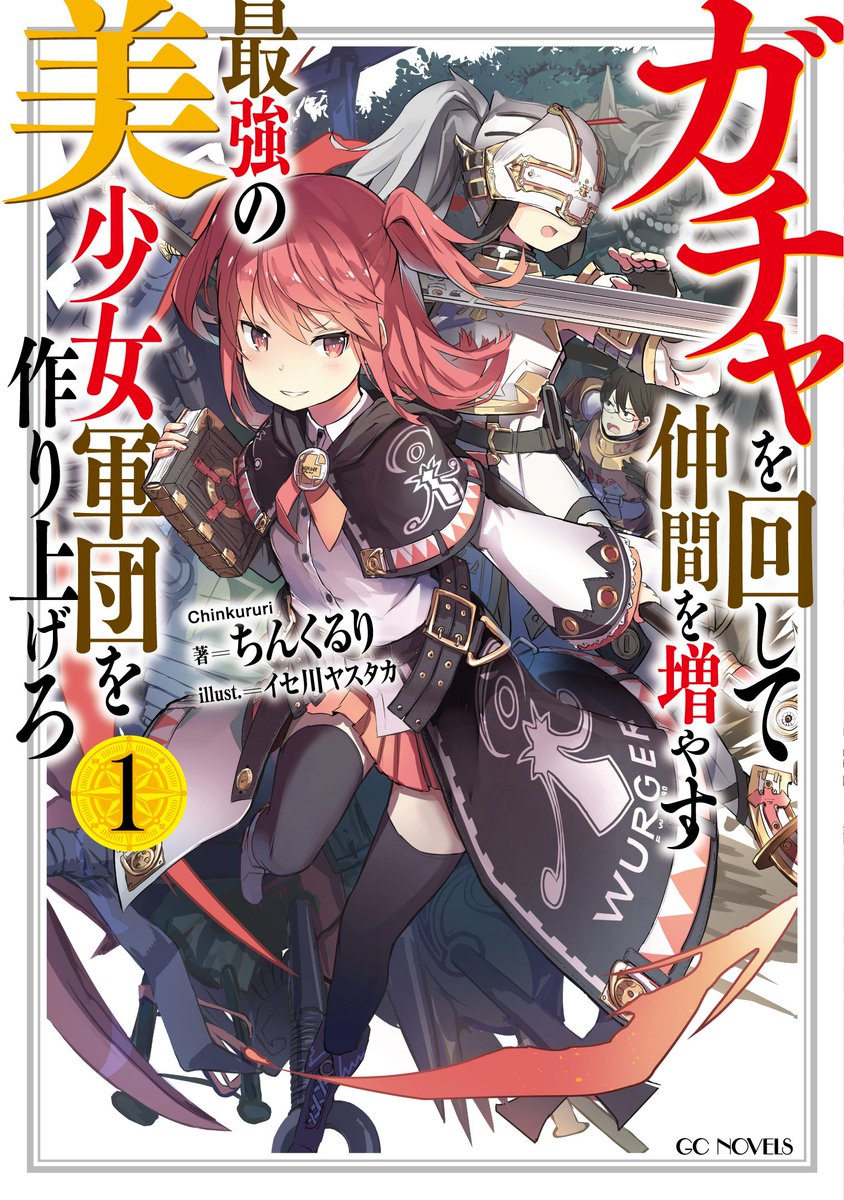
Using Gacha to Increase My Companions and to Create the Strongest Girls’ Army Corps
Chapter 84 August 28, 2023 -
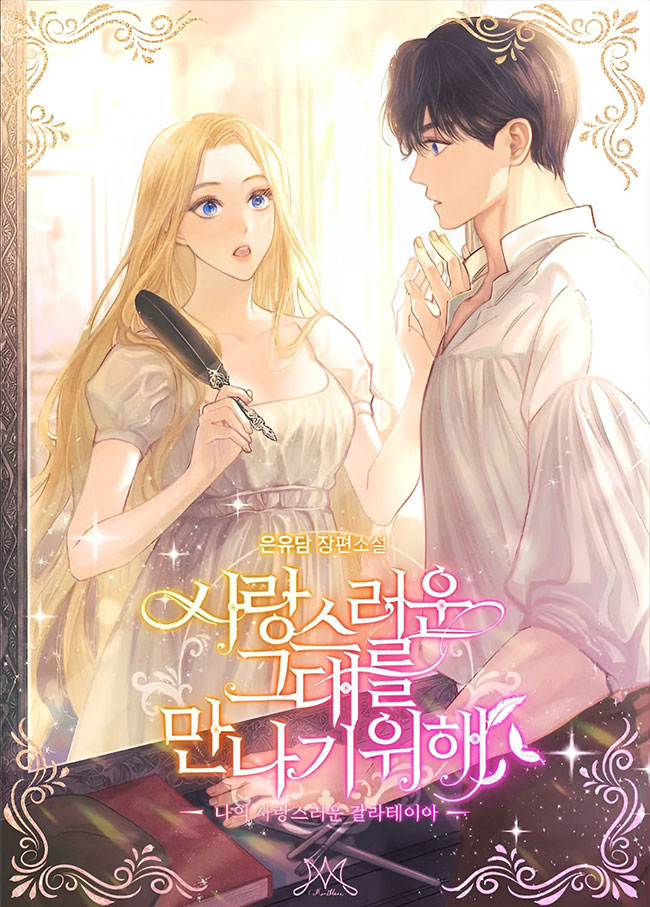
In Order To Meet You, Beloved
Chapter 35 August 28, 2023 -
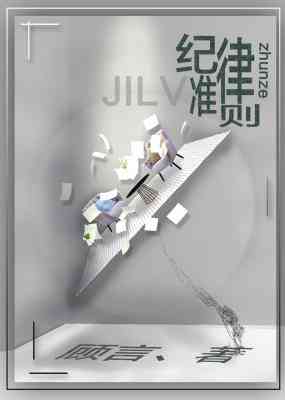
Disciplinary Code
Chapter 65 September 4, 2023 -
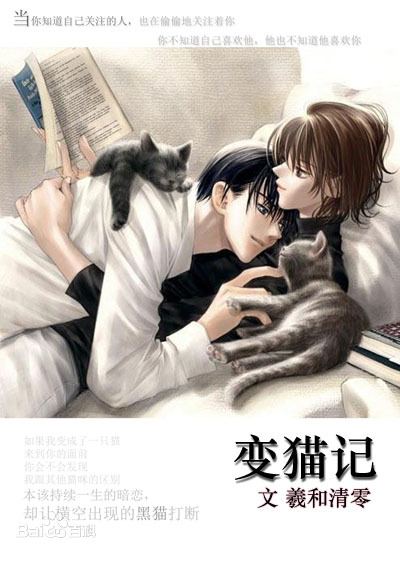
The Cat Transformation
Chapter 27 August 26, 2023 -
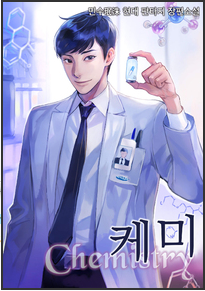
Chemistry
Chapter 61 August 25, 2023 -
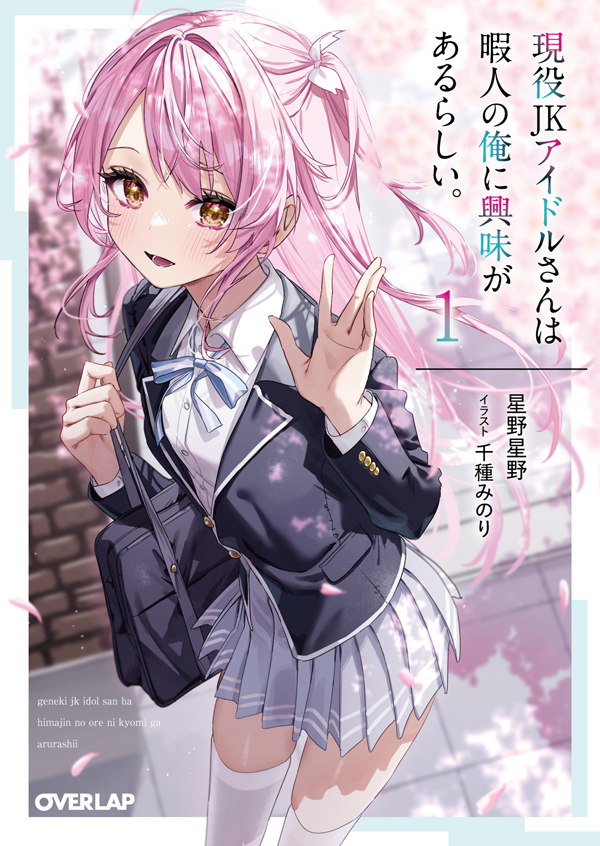
Active JK Idol Seems to be Interested in Me Who is a Free Person.
Chapter 32 August 25, 2023 -
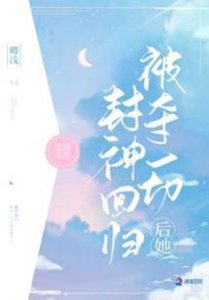
After Being Robbed of Everything, She Returns as a Goddess
Chapter 47 August 25, 2023 -
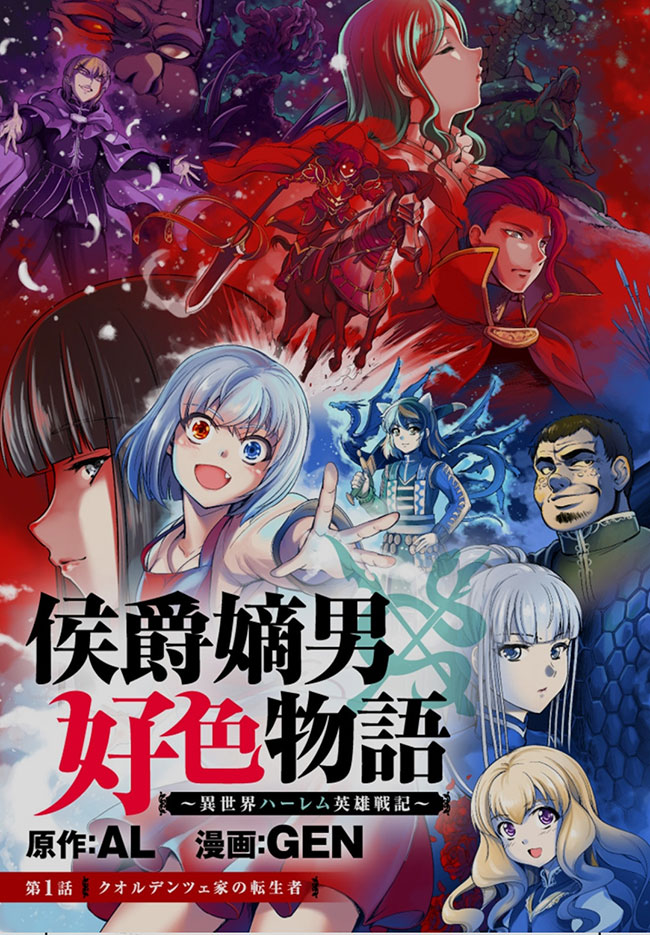
The Marquis’ Eldest Son’s Lascivious Story
Chapter 232 August 26, 2023
